Faculty Researchers

Dr. Erin Cameron
Northern Ontario School of Medicine
Erin Cameron is an Assistant Professor at the Northern Ontario School of Medicine. Her program of research explores innovative educational approaches that might better serve rural and Northern health settings. More specifically her research seeks to understand the ways society constructs ideas of health through formal and informal learning environments, and the impact this has on people’s behaviours, attitudes, and beliefs. As an educational scholar, she has worked with schools, communities, and policy makers to identify, design, and implement healthy active living strategies that are inclusive, accessible, sustainable, and evidence-based.
As an educational scholar, Dr. Cameron’s most recent work explores the use of transformative pedagogies to promote size diversity so that every body can feel supported to pursue healthy active lives. Her work has attracted the attention of social justice scholars and was the focus of a 2016 co-edited book in the Peter Lang “Counterpoints” book series, a series that publishes “the most compelling and imaginative books being written in education today”. The book titled The Fat Pedagogy Reader: Challenging Weight-Based Oppression through Critical Education is an award-winning book that seeks to disrupt body shaming and re-imagine education that is inclusive of size diversity.

Dr. Jennifer Chisholm
Department of Women's Studies, Lakehead University
Social Justice Studies, Lakehead University
Jen Chisholm is an Assistant Professor in Women's Studies and an affiliate with the Social Justice Studies Masters Program at Lakehead University. Jen's research interests include pregnancy and motherhood, reproductive technologies, gender, health and feminist theory. Her doctoral work examined Canadian women's experiences with elective prenatal ultrasound imaging. Her current work seeks to understand how Northwestern Ontario women's experiences with reproductive technologies(and pregnancy more generally) are shaped by location, access to services and intersections of identity.

Crystal Davey

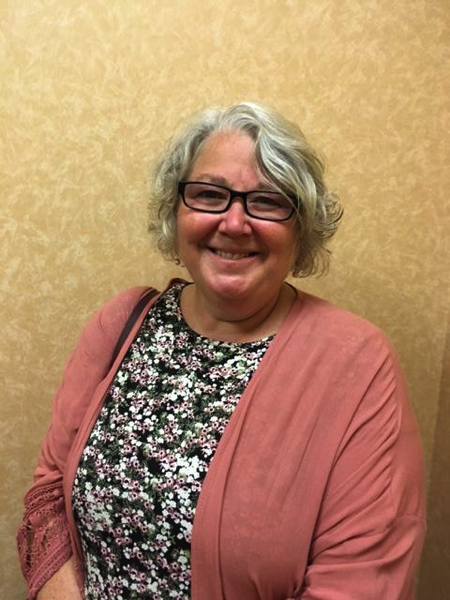
Dr. Sylvane Filice
School of Nursing, Lakehead University
Dr. Sylvane Filice RN, HBScN, MPH (N), PhD is a faculty member in the School of Nursing at Lakehead University. She is research partner with the Centre for Rural and Northern Health Research (CRaNHR). She has a PhD in Public Health with a specialization in Health Promotion and Education. Prior to joining Lakehead University, she practiced in public health for 25 years and held a mixture of positions. Sylvane has taught nursing research, nursing scholarship and leadership, population health, community health nursing, and nursing law and ethics. She has a passion for research and research activities, and interests include, ethics and decision-making in public health, program evaluation, history of nursing practice for Francophone nurses in acute, long term care and community health in northern and rural settings, educational innovations in teaching community health and knowledge exchange and dissemination in public health practice.
Current projects:
Nursing Lives of Francophone Community Health Nurses in Remote and Rural Northern Ontario
This is a nursing life history project that seeks to examine the nursing lives of Francophone community health nurses (CHNs) in remote and rural Northern Ontario. It builds from a pilot study exploring the lives of nurses living in Northern Ontario, where it was noted that life histories of Francophone nurses had not been recorded. The purpose of the study is to explore with Francophone nurses the meaning of community nursing practice in rural and remote Northern Ontario, spanning from the 1940’s to current times.
The study will use ‘life history’ and ‘narrative hermeneutics’ to explore the lives of Francophone CHNs living in Northern Ontario. Audiotaped interviews and/or focus groups will be conducted with retired and practicing CHNs. CHNs will be asked to share any artifacts from their nursing lives they deem as essential to their life history. From a hermeneutic perspective text (written and oral) for example nursing texts, biographies, newspaper articles, photographs, pins and memorabilia (life history artifacts); are all open to interpretation, as part of narrative hermeneutics these are an expression of a persons lived 'life'.
Nursing Lives of Francophone Nurses (RNs) in Northern Ontario
This research builds upon previous collaborative work/study that began in 2015, which examined the nursing lives of nurses in the city of Thunder Bay from 1940 to 1990. The current project will extend the study to examine the lives of Francophone nurses living in Northern Ontario. The purpose of the study is to explore with Francophone nurses the meaning of nursing practice in rural and remote Northern Ontario communities.
The study will use ‘life history’ and ‘narrative hermeneutics’ to explore the lives of Francophone nurses living in Northern Ontario. Audiotaped interviews and/or focus groups will be conducted with retired and practicing RNs. RNs will be asked to share any artifacts from their nursing lives they deem as essential to their life history. From a hermeneutic perspective text (written and oral) for example nursing texts, biographies, newspaper articles, photographs, pins and memorabilia (life history artifacts); are all open to interpretation, as part of narrative hermeneutics as an expression of a persons lived 'life'.
Relational Culture: Rural Nursing Student Success
The aim of this research project was to explore perceptions of graduates from a BScN rural synchronized distance delivery program in Northern Ontario in achieving a 100% success rate on their provincial licensure exam.
A qualitative descriptive study design utilized audio-taped focus groups or face-to-face interviews. Purposeful sampling was used (N =13) graduates from the first two cohorts of the distance delivery BScN program were contacted to participate in a focus group or one-to-one semi-structured interview. Data analysis was an interruptive narrative approach based on Colazzi’s phenomenological method. The study elicited an exhaustive description of the BScN graduate students’ perceptions of their experiences of a synchronized education delivery system.
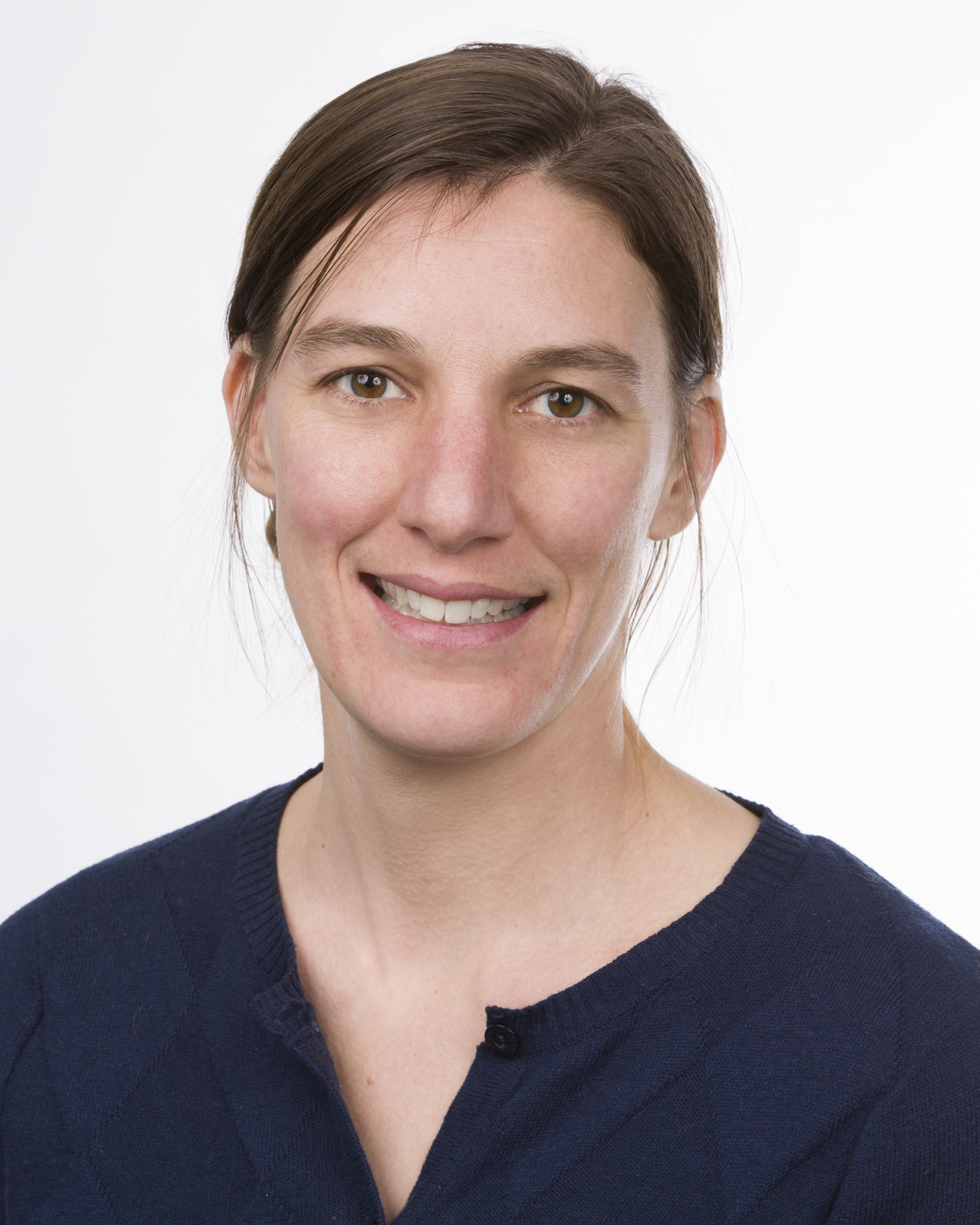
Dr. Lindsay Galway
Department of Health Sciences, Lakehead University
Lindsay Galway is an assistant professor in the Department of Health Sciences at Lakehead University. Her research activities span the social, natural, and health sciences and aim to bring together multiple perspectives in order to comprehensively understand, and collaboratively address, complex human-environment issues. Using an interdisciplinary approach and a range of qualitative and quantitative research methods, her current research activities focus on three core areas: (1) human dimensions of environmental change, (2) using Geographic Information Systems (GIS) to advance health research, and (3) walkability and bikeability. Lindsay also has a keen interest in methodological, conceptual, and practical advances that support inter- and transdisciplinary research, integration, and collaborative action.

Dr. Anna Koné Péfoyo
Department of Health Sciences, Lakehead University
Dalla Lana School of Public Health, University of Toronto
Anna Koné (PhD) is trained in Epidemiology, Biostatistics, and Evaluation of health interventions. She is an Assistant Professor in the Department of Health Sciences, Lakehead University, a status-appointed faculty at the Dalla Lana School of Public Health at the University of Toronto with significant experience in multimorbidity and health services research, plus an extensive and sophisticated understanding of quantitative research methods, specially using health administrative databases. Dr. Koné’s program of research addresses the roles of health service use and sociocultural factors in health disparities, and the prevalence and management of chronic diseases and multimorbidity that challenge the current healthcare system. Particularly, she is interested in contributing to an improved understanding of health challenges in northern and remote areas, and in addressing these issues related to multiple respiratory or circulatory chronic conditions among Indigenous people. There exist important gaps and inequities in health; therefore, the need to further explore issues pertaining to the use of services among complex individuals with multimorbidity, and members of marginalized populations, in order to improve health outcomes and reduce social inequalities.
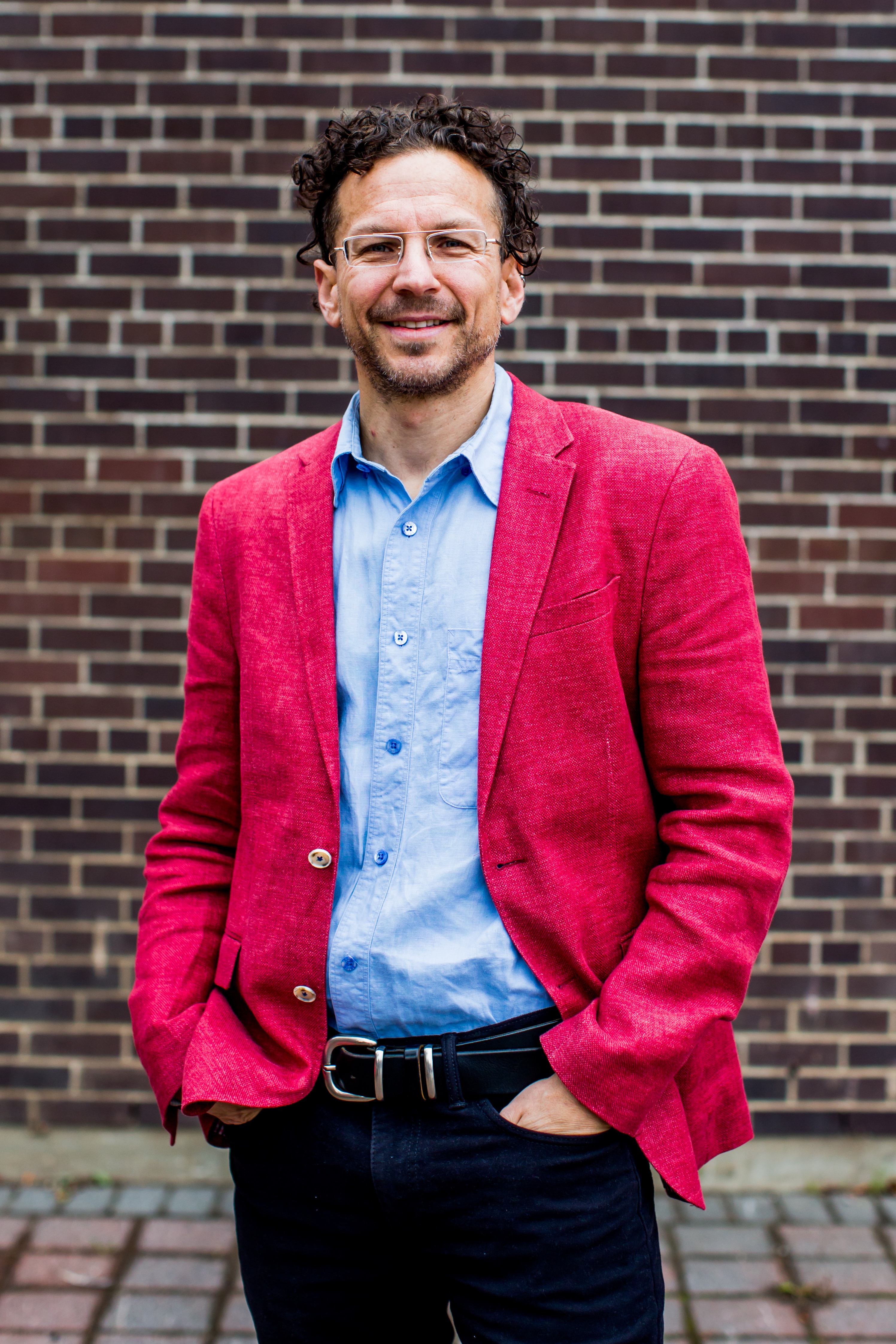
Dr. Charles Levkoe
Department of Health Sciences, Lakehead University
Dr. Charles Levkoe is the Canada Research Chair in Sustainable Food Systems and an Assistant Professor in Health Sciences at Lakehead University. He has been involved in food sovereignty work for over 15 years in both the community and academic sectors. Charles’ interdisciplinary teaching, research and publishing in food studies bridge the fields of agricultural, political and social geography, urban policy, and environmental sustainability. His ongoing community-based research focuses on the opportunities for building more socially just and ecologically sustainable food systems through collaboration and social mobilization. Charles is the academic co-lead on Community First: Impacts of Community Engagement (CFICE): Community Food Security Hub, a major cross-Canada partnership initiative. CFICE is an action research project aimed at strengthening Canadian communities by asking the question: How can community campus partnerships be designed and implemented to maximize the value created for non-profit, community-based organizations? Charles is also a co-investigator on the Food: Locally Embedded, Globally Engaged (FLEdGE) project that uses community-based research to effect transformations toward sustainable regional food systems.
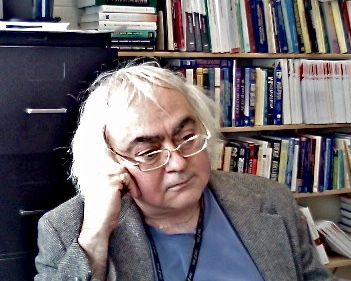
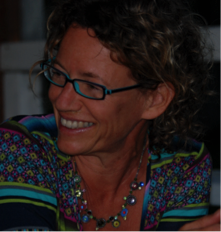
Dr. Helle Møller
Dr. Helle Møller is an Associate Professor in the department of Health Sciences at Lakehead University. She is an interdisciplinary health researcher and teacher with a background in medical anthropology and nursing. Dr. Møller is Danish of origin; her training has taken place in Denmark and Canada. She is passionate about the North and its beautiful and resourceful peoples and environments. Framed within a social justice perspective Dr. Møller's areas of research and teaching span the social and ecological determinants of health with an emphasis on the Northern regions of the globe (Greenland, Arctic Canada, Northwestern Ontario), on Indigenous, women's and maternal health, the education and practice of nurses in the Arctic, metal health in the workplace, aspects of human approaches to climate change, free physical activity initiatives for older adults and more. Dr. Møller is privileged to be working on research projects with a wide array of community partners and colleagues from diverse academic disciplines nationally and internationally.
Dr. Møller has taught in the medical interpreter program at Nunavut Arctic college, in the Nursing Program in the institute of Health Research and Nursing, at Ilisimatusarfik University of Greenland and in the Department of Anthropology at Lakehead University.
In the Department of Health Sciences Dr. Møller teaches courses that focus on Health Promotion and Illness Prevention; the Social and Ecological Determinants of Health; Northern Health and Health Care; Vulnerable populations and Individual Special Topic courses that fall within her area of expertise when her schedule permits. Dr. Møller enjoys supervising thesis students and is happy to work with students that have research interests that overlap with her areas of expertise.
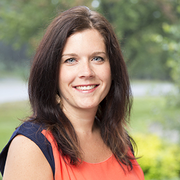
Dr. Jodie Murphy-Oikonen
School of Social Work, Lakehead University
Dr. Jodie Murphy-Oikonen is an Assistant Professor with the Lakehead University School of Social Work. Her background includes direct social work practice in Maternal Newborn, Labour and Delivery, Neonatal Intensive Care unit, and in an integrated pregnancy program. She has also fulfilled leadership roles in both an interprofessional prenatal care clinic and in reproductive, child and school health in the public health sector. Dr. Murphy's research has focused primarily on Neonatal Abstinence Syndrome with particular emphasis on clinical practice guidelines, toxicology screening in newborns, and maternal and nurses’ experiences. Additional areas of former research include perinatal bereavement and child and youth mental health promotion. Jodie’s current research includes “unfounded sexual assault” and is inclusive of legal system response and women’s experiences when their sexual assault case has been deemed baseless (a lie).
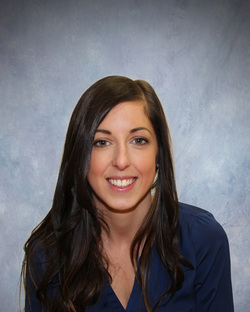
Dr. Aislin Mushquash
Department of Psychology, Lakehead University
Dr. Aislin Mushquash is an Assistant Professor in the Department of Psychology at Lakehead University. Her research focuses on understanding how and why people cope with stressful or difficult life events. In particular, she studies the role that personality traits, social relationships, and mental health symptoms have on the adaptive (e.g., exercise) or maladaptive (e.g., substance use, binge eating) coping behaviours. Dr. Mushquash's research involves individuals, romantic couples, and parent-child dyads. In addition to her research, Dr. Mushquash is Clinical Psychologist with the Thunder Bay Regional Health Sciences Centre (TBRHSC) Paediatric Healthy Living Program, a specialized family-based program for children and youth with obesity and associated comorbidities. Dr. Mushquash provides psychological assessment, treatment, and consultation services in this role. She also conducts research on treatment approaches and access to care within this population.
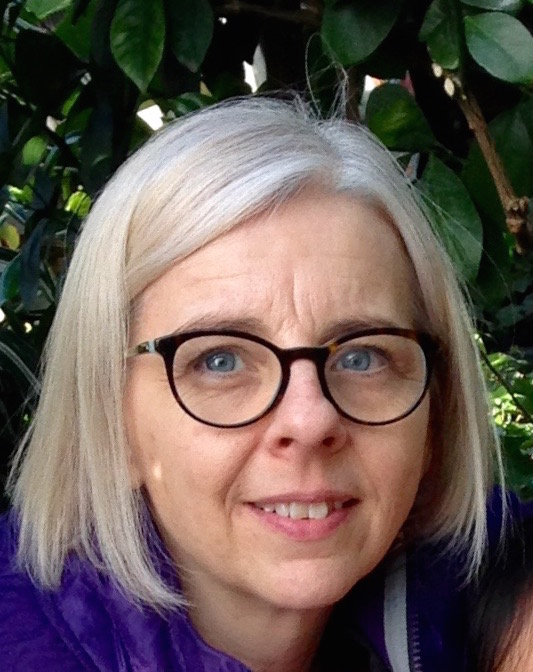
Dr. Barbara Parker
Department of Sociology, Lakehead University
My research interests engage food practices, food systems, intersectionality and health. My focus is on the overlapping areas of 1) food justice and food security, and 2) food and health as these are shaped through critical public health nutrition and beliefs about ‘healthy’ diets and risk. I have a particular interest in rural, regional and northern communities. In June 2018 I was awarded a SSHRC Insight Development grant to study post-secondary student food insecurity with International and Indigenous students at Lakehead University. This research builds on a pilot project I undertook in 2015-16 that examined food insecurity and the post-secondary student experience. This work complements my ongoing CIHR (2018-2020) and SSHRC (2016-2021) funded research as co-investigator, which examines food security and Indigenous food sovereignty, through a social determinants of health framework. My research is framed through feminist, sociological and social justice lenses and is primarily qualitative and community-based.
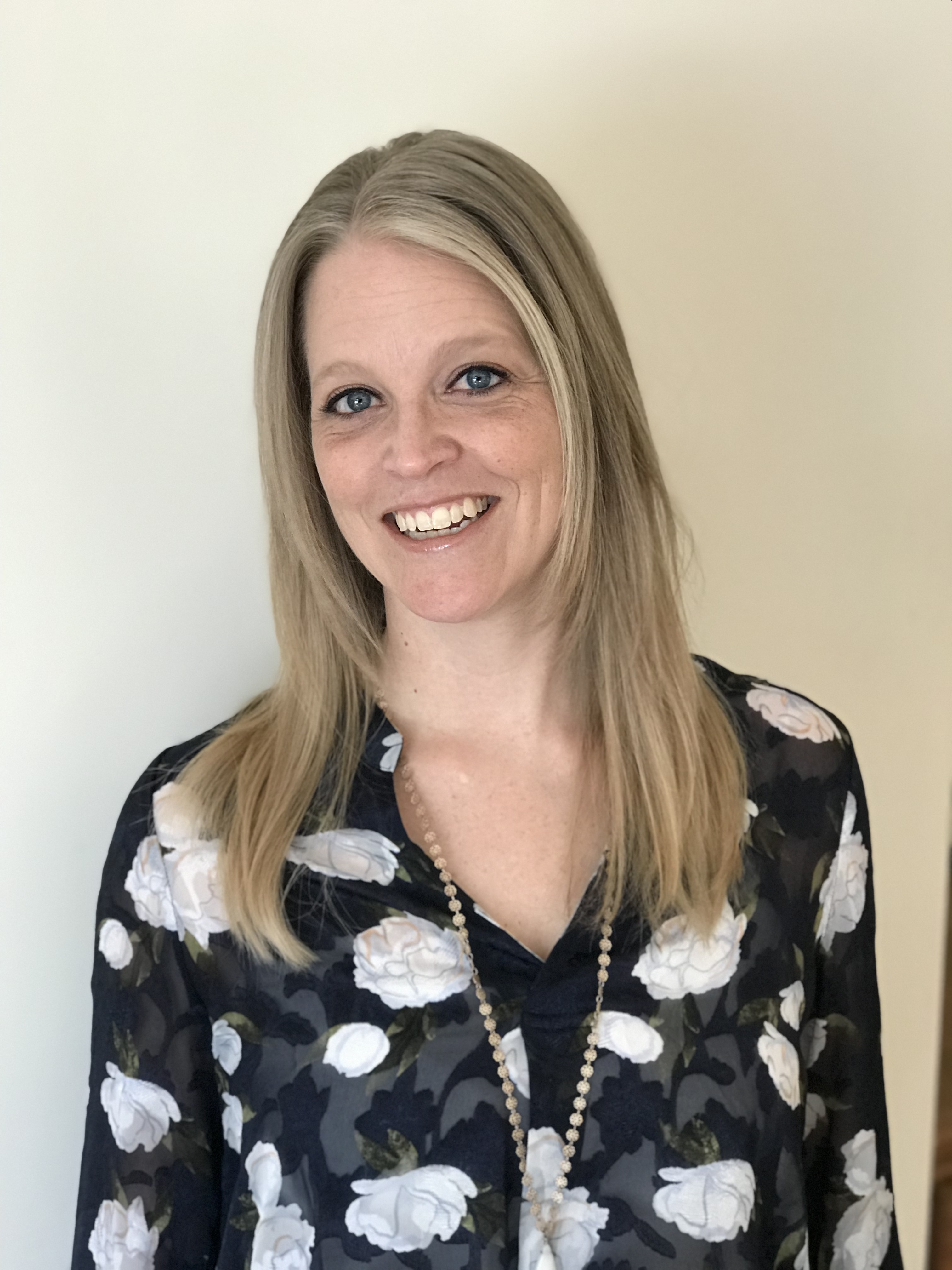
Dr. Erin Pearson
School of Kinesiology, Lakehead University
Dr. Erin Pearson is an Assistant Professor in the School of Kinesiology at Lakehead University and a Certified Professional Co-Active Coach. Dr. Pearson specializes in health promotion and weight management from behavioural and psychological perspectives, and has a particular interest in examining how motivational interviewing and wellness coaching delivered over the telephone can elicit positive health changes in special populations.

Dr. Pauline Sameshima
Department of Graduate Studies & Research in Education, Lakehead University
Pauline Sameshima is a Professor and Canada Research Chair in Arts Integrated Studies at Lakehead University, Ontario, Canada. She works across disciplines from her home base in the Department of Education. Pauline's work aims to expand notions of holistic, reparative research, and living. Specifically, she explores:
- how the arts can catalyze creative innovation;
- how the arts can generate understandings about data;
- how the arts can provoke new dialogues among researchers as well as participants; and
- how the arts can teach multiple audiences in different ways.
Through the Arts Integrated Research (AIR) Lab at Lakehead University, and as curator of research education art galleries at Lakehead, Dr. Sameshima works with researchers from across Canada and internationally to advance AIR as a significant pedagogical research practice to support local, rural, and northern health mandates of CRaNHR.
Pauline's background includes elementary public school teaching, administration, and pre-service teacher education. Her professional interests include community-based research and arts integrated studies through the lenses of curriculum theory, cultural studies, reparative pedagogies, contemplative inquiry, feminist studies, social justice, applied health sciences, and sustainability. Pauline is certified in SomaYoga instruction (RYT 500) and Level 1 Yoga Therapy (International SomaYoga Institute); Curator of Lakehead Education Research Galleries; Editor-in-Chief of the Journal of the Canadian Association for Curriculum Studies; Research Partner of the Centre for Rural and Northern Health Research (CRaNHR); and Research Affiliate of the Centre for Education and Research on Aging & Health (CERAH). She is the designer of the CRaNHR logo.

Dr. Kathryn Sinden
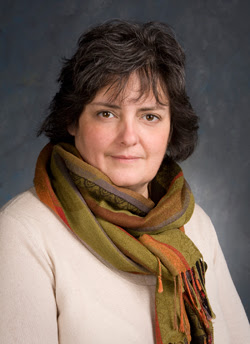
Dr. Michelle-Marie Spadoni


